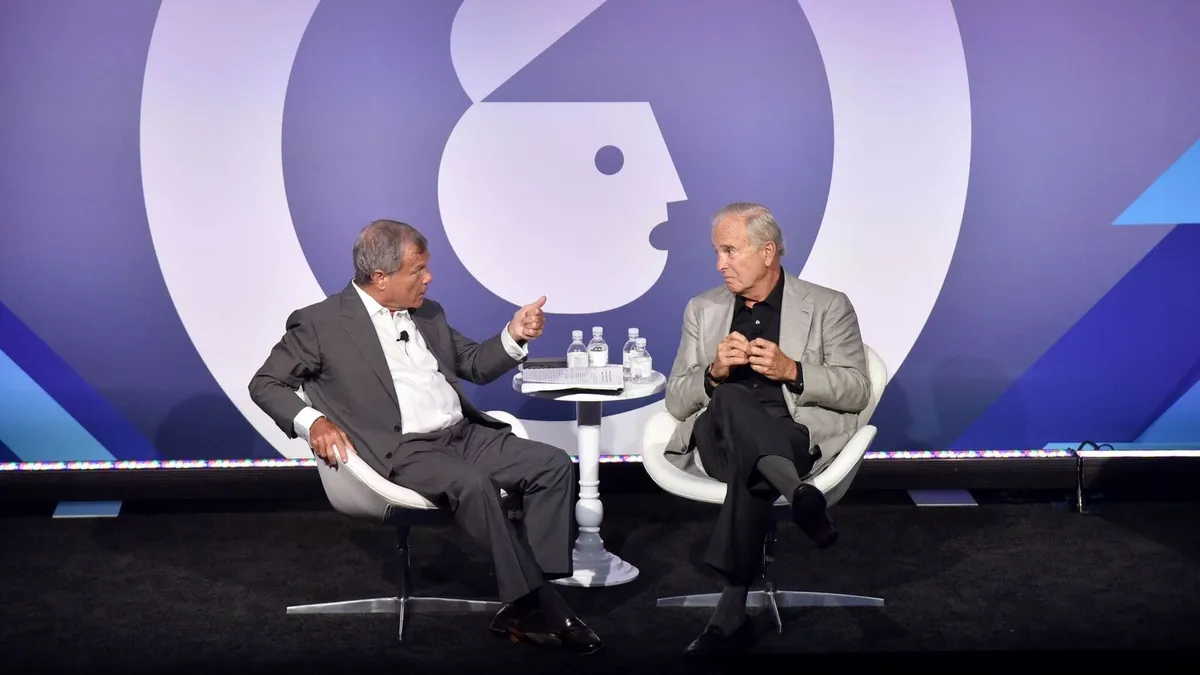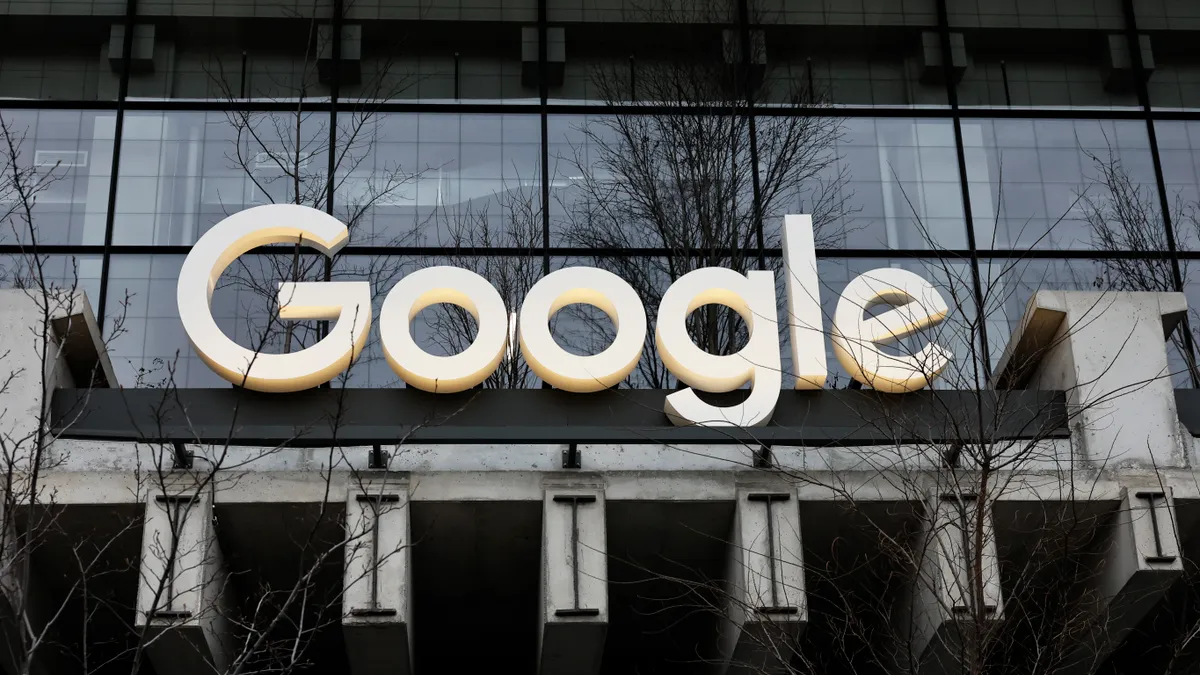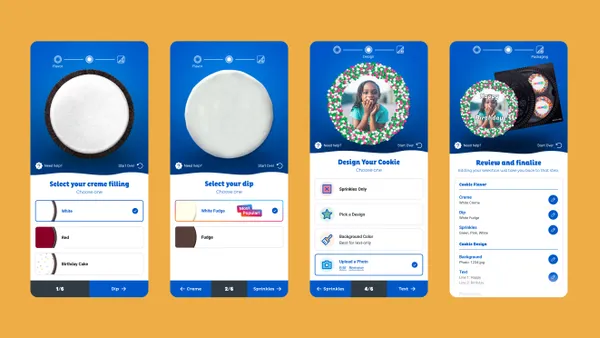Dive Brief:
- Sir Martin Sorrell stepped down as CEO of WPP over the weekend, according to a company news release. His departure follows a recently launched investigation into allegations of misuse of company assets, though the legacy ad giant ended the investigation after finding no material wrongdoing. WPP Chairman Roberto Quarta will serve as executive chairman until a new CEO is appointed. Mark Read, CEO of Wunderman and WPP Digital, and Andrew Scott, WPP corporate development director and COO Europe, have been named joint COOs.
- In a statement, Sorrell referenced the investigation, calling it a "current disruption" that's putting unnecessary pressure on the company, according to The New York Times. "That is why I have decided that in your interest, in the interest of our clients, in the interest of all share owners, both big and small, and in the interest of all our other stakeholders, it is best for me to step aside," he said.
- Multiple reports following the news suggested that WPP could be broken up in the wake of Sorrell's resignation.
Dive Insight:
The departure of Sorrell could herald a dramatic new direction for the company — and even possibly ad holding groups more broadly — with reports over the weekend suggesting it could be broken apart into smaller entities. Barring anything so dramatic, at the very least the news of Sorrell's departure is sure to shake up the advertising world, as he's considered one of the industry's most influential thought leaders. The longtime CEO of one of the world's largest ad companies has been a frequent and visible voice whose comments regarding emerging technology, social media platforms and trends typically make headlines.
Sorrell's exit comes at a difficult time for traditional ad agencies, which face challenges on a number of fronts, including widespread allegations of misuse of client fees, digital disruption and heightened competition from newer marketing services providers like consultancies. Many large companies like P&G are also bringing their marketing functions in house to enhance creativity, reduce costs and better respond to consumers' evolving needs.
WPP and other similar companies like Omnicom have struggled to remain relevant to marketers at major brand companies who are looking for increased efficiencies and accountability. Large and unwieldly ad holding groups have so far struggled to find a way to meet these demands despite numerous attempts at streamlining.
WPP reported flat like-for-like, top-line growth in 2017, as well as flat operating margins and profits, and a 5.4% drop in like-for-like billings, the company's worst performance in nearly 10 years. In response, WPP announced plans to accelerate its strategies and integrate offerings, simplify its structure and streamline its agencies in order to create stronger client coordination and develop cross-group capabilities in digital marketing, digital production, e-commerce and shopper marketing.
If WPP were to be broken up, one possible buyer could be Accenture, which has built its agency business quickly over the past few years — in part through acquisitions — and was previously singled out as a potential suitor for WPP or Publicis, another struggling ad holding group.
Earlier this month, WPP said it had brought in an independent counsel to investigate an allegation of personal misconduct against Sorrell, who had been with the company for 33 years. The company ended its investigation saying no material wrongdoing was found. Sorrell's departure raises more questions and provides few answers as to what might have occurred behind the scenes at WPP.













